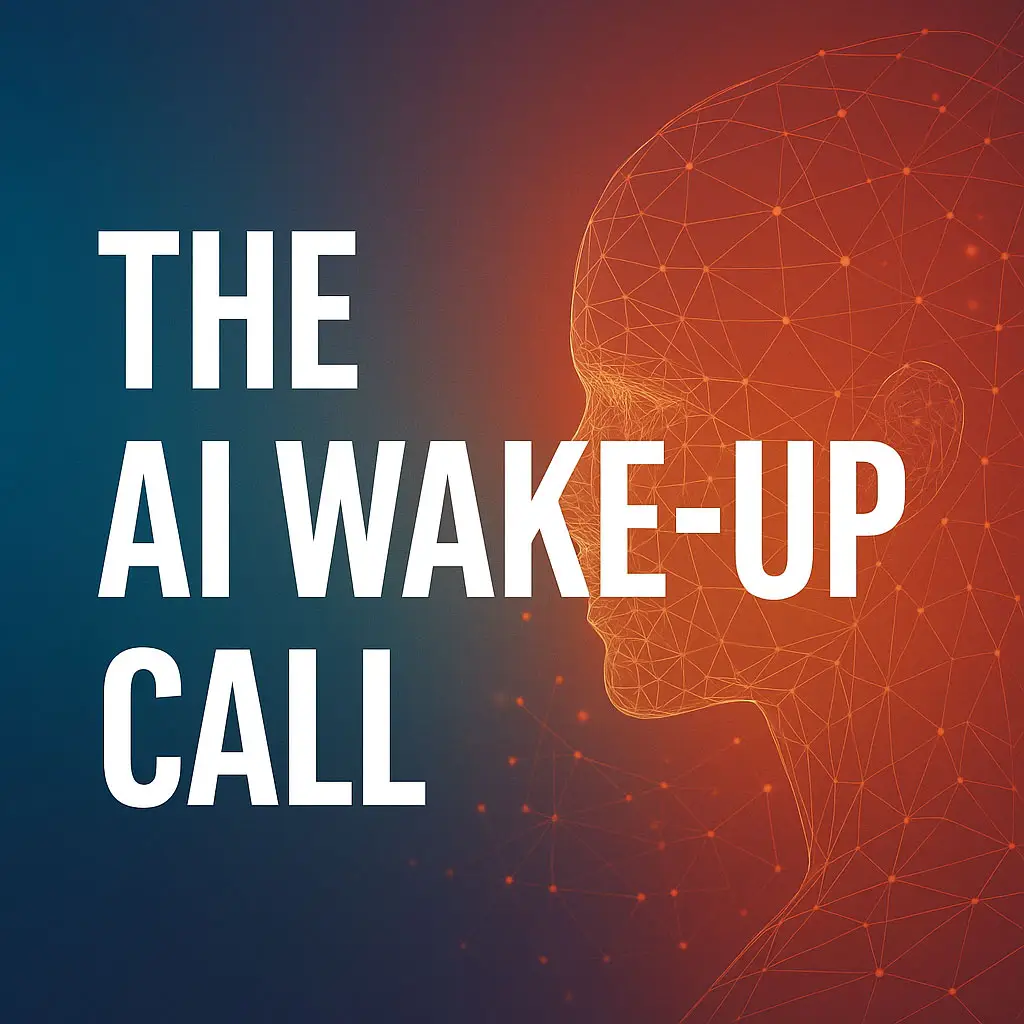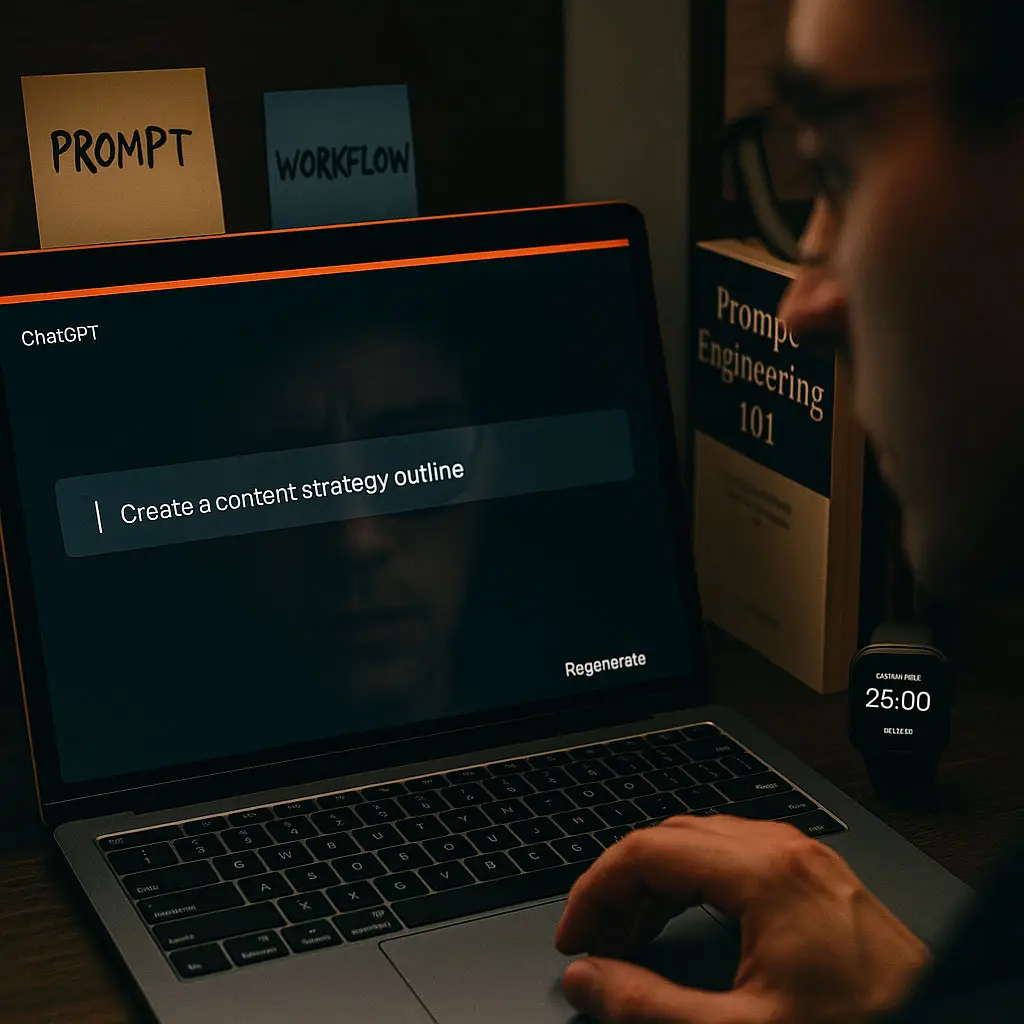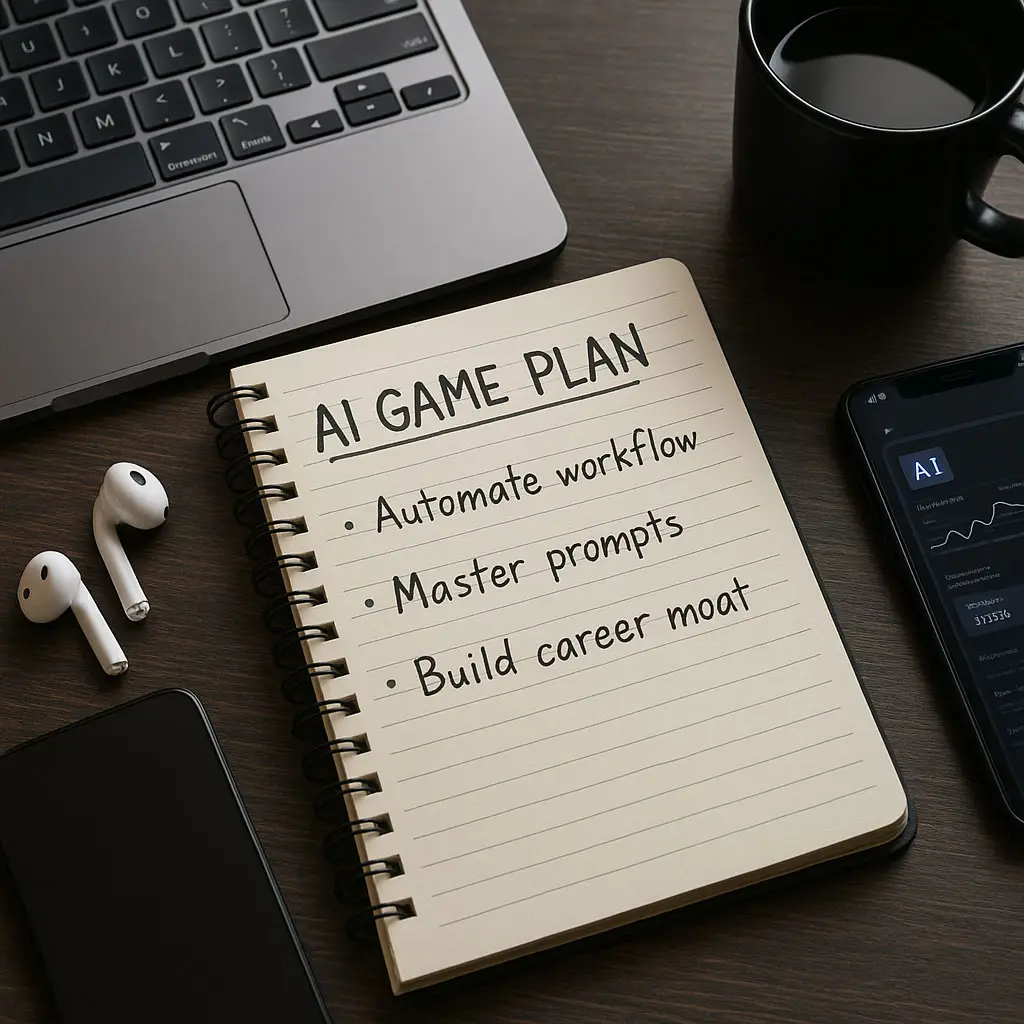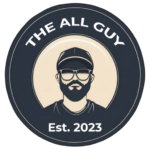


Let’s clear the air: Artificial Intelligence isn’t just for Silicon Valley prodigies or executives giving flashy presentations packed with jargon. It’s not some distant, abstract tech wave, it’s already embedded in your inbox, your Netflix recommendations, and your competition’s workflow. And if you’re still on the fence about learning how to use it, here’s your sign to stop waiting.
AI is evolving faster than most people can keep up with. From automating mundane tasks to generating entire marketing strategies, it’s transforming industries. Often in the background, while many remain unaware. This post will unpack why learning AI is no longer optional and how you can position yourself as someone who thrives in this new age of tech-assisted work.
If you’re waiting for AI to “stabilize” before diving in, you’re setting yourself up to fall behind. Innovation in this space isn’t slowing down, it’s accelerating. New tools, plugins, models, and capabilities are launching at breakneck speed. And early adopters aren’t just playing around, they’re building systems, automating businesses, and multiplying their productivity in ways that used to require a full team.
Each day you delay is a missed chance to explore how AI can amplify your work, your creativity, or your bottom line. Whether you’re a content creator, entrepreneur, analyst, or freelancer, AI can be your silent partner, the one working 24/7 while you focus on the big picture.

Traditional hiring metrics like degrees or job titles still matter, but they’re losing ground to adaptability, creative problem-solving, and technical curiosity. Employers are increasingly seeking candidates who can integrate AI into their workflows.
Think about it:
Can you create a full content calendar using an AI assistant?
Can you summarize data and turn it into insights in seconds?
Can you build repeatable systems that boost productivity?
If so, you’re not just qualified, you’re an asset. And if not, now’s the perfect time to close that gap.
Let’s be honest: most people treat AI like a novelty. They try it once, get some generic results, and move on. But those willing to go deeper—learning prompt techniques, experimenting with tools like GPTs or AI image generation, building personal automations—are gaining massive career leverage.
Surface-level familiarity isn’t enough anymore. It’s like owning a camera and thinking you’re a filmmaker. The winners in this AI wave are the ones who not only use it but understand how to think with it.
We’ve moved past the days when “literacy” was just reading and writing. In today’s digital economy, being fluent in AI is quickly becoming a core skill—like knowing how to use Google 15 years ago or understanding spreadsheets a decade ago.
This doesn’t mean becoming a data scientist. It means:
Knowing which AI tools solve which problems
Being able to craft smart, effective prompts
Understanding how to evaluate AI output critically
The good news? These tools are more accessible than ever. The bad news? That means you have no excuse not to learn them.

Using AI just to summarize meeting notes or correct grammar is like using a Ferrari to drive to the mailbox. Sure, it works but you’re missing the point.
The real power of AI is in treating it as a thinking partner. Use it to:
Explore new business ideas
Run simulations
Challenge your assumptions
Generate fresh angles you wouldn’t have considered on your own
AI isn’t just a tool for delegation, it’s a catalyst for better decision-making, innovation, and strategic thinking.
Despite how smart these machines are, they still lack the one thing that makes you irreplaceable: emotional intelligence. They don’t feel. They don’t understand context the way people do. They don’t know how to lead, inspire, or truly connect.
Your edge lies in:
Empathy and communication
Moral decision-making
Leadership under pressure
Creativity that comes from life experience
So while AI can assist, it’s your humanity that will keep you indispensable.
Here’s something the experts won’t tell you: you don’t have to specialize in AI to win with it. You just need to be curious, flexible, and willing to explore.
The most powerful professionals today aren’t those who know everything. They’re the ones who:
Try new tools regularly
Build lightweight automations
Connect dots across disciplines
Use AI to explore faster than others can research
In short, they’re generalists with an edge and that edge is AI.
You don’t need to spend hours a day buried in documentation. Instead, build a learning habit:
Set aside 30 minutes a few times a week to try a new AI tool or feature
Follow a few trustworthy creators who explain things clearly
Use AI in real tasks: writing, research, planning, design
Over time, these small steps will stack. And unlike a crash course, this approach builds real, applicable skills you can use across jobs and industries.
Imagine your career is a castle. AI is the rising tide. What keeps you safe and valuable?
It’s not just talent, it’s your moat:
The unique way you solve problems
The blend of skills that’s hard to replicate
The mindset that sees opportunity in change
This is your chance to build something no one else can duplicate. Combine your human edge with machine intelligence, and you’ll create a career that’s resilient, relevant, and ready for whatever comes next.
AI isn’t knocking anymore, it’s already here. The only question is: will you ride the wave or get swept under it?
You don’t have to master every model or build a startup tomorrow. But you do have to start. Because the people who are experimenting today are the ones who’ll be leading tomorrow.
Stay curious. Stay proactive. And remember you don’t need to out-code AI—you just need to out-think those who don’t know how to use it.
Subscribe to our weekly newsletter. We don’t send any spam email ever!

Welcome to The All Guy. A blog dedicated to all the guys and topics they are interested in.
Copyright © 2026The All Guy. All rights Reserved.